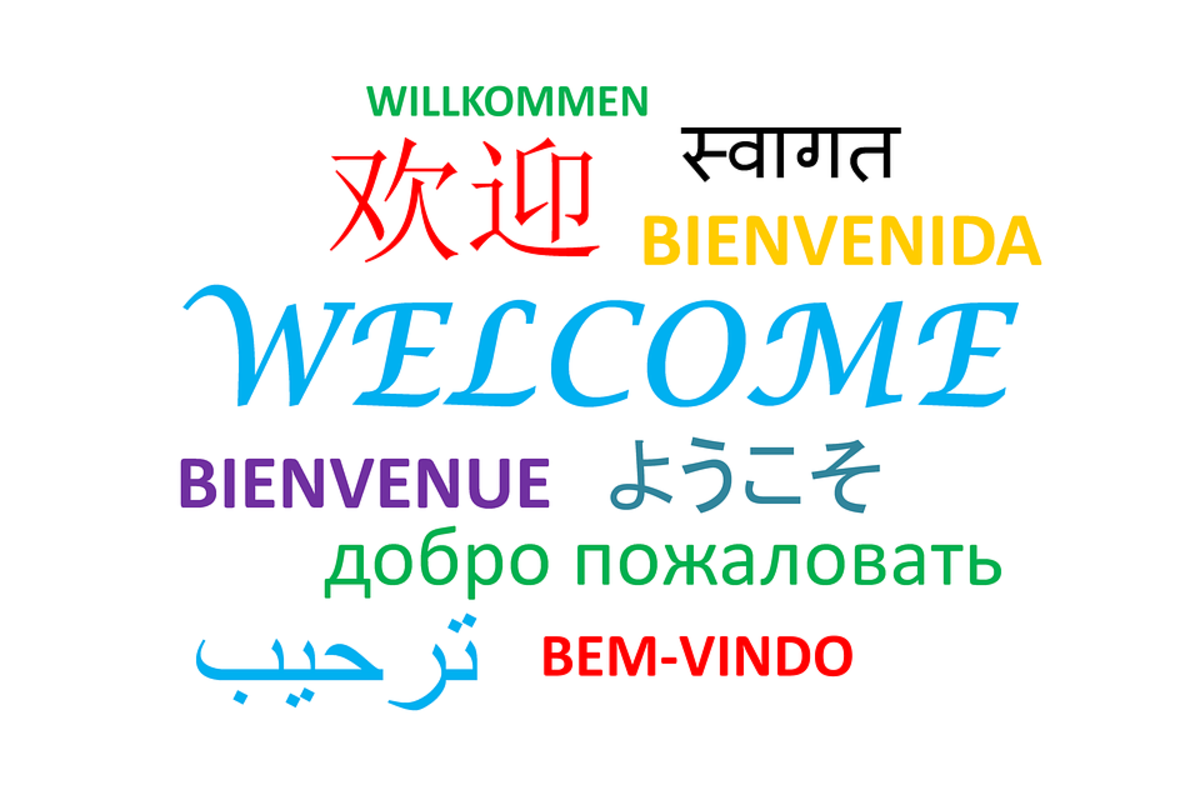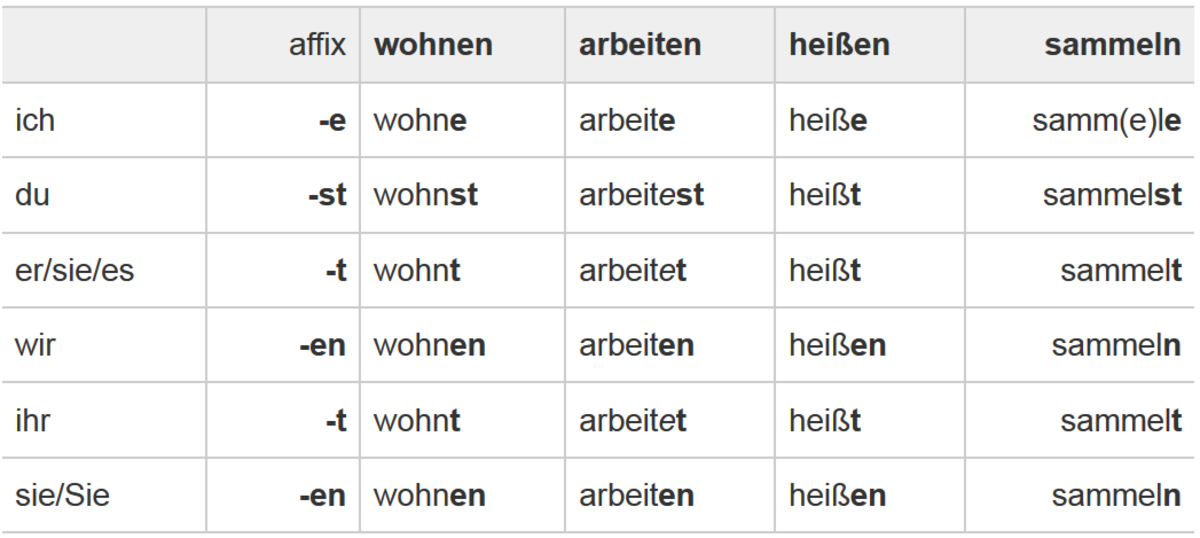Tackling the German Language
Ever since I moved to Germany, learning the language has been one of the biggest challenges for me. The "der, "die" and "das" became yet the most confusing phase of my life. Moving about the city without understanding the language put me at a disadvantage.
I am someone who usually likes learning foreign languages as I believe it would give me an opportunity to befriend people and connect with them. I remember a friend advising me that if you know English, it is easy to crack German. But as I tried to learn it, I realized things were not as easy as it seems. There were days when I thought I had learned some vocabulary and would try applying it in my speech. Unfortunately, I would go blank as soon as I opened my mouth to say the words. As the Germans say for pitiful conditions-"schade". As time went by, I started getting the hang of it. Although listening and speaking took the most time. It takes from one to two and a half years to develop German. I hope to make it through German before pursuing my other two languages of interest- Korean and Irish.
Here I would like to tell about my experiences and the ways I used to get myself acquainted with the language.

Sprechen Sie Deutsch? ( Do you speak German?)
Germans respond well to those who take the pains to learn their language. In fact, some are generous enough to correct your sentences while speaking. Some may find that rather odd but believe me it is a good way to know and realize your mistakes. Clear pronunciation is essential or else you may see them crease their face all the way up to their eyes combined with a look and a long "eh". Others just reply back with "Wie bitte". Somewhat like "pardon" if we say it in English.
Where English has one or two words to describe a situation, German has plenty. The language is tricky and one word may have several meanings depending on certain specific situations or different situations may have different words describing it. Confusing, right!!. After almost two years, I am still trying to crack some areas.
I am not yet an expert in the language but there are plenty of ways to increase one's fluency in German. I will try my best to include most of the methods.
Levels of German ( Deutsches Niveau )
The German learning system consists of different levels from A1 till C2. A1, A2 are the beginner levels. B1, B2 are the intermediate levels and C1, C2 are the advanced levels. For someone who wishes to learn German, it is important to understand clearly the grammar taught in each level especially the articles and adjective endings which will help in understanding the advanced levels. Learning the prepositions is another challenge and which takes time and practice. It is also equally important to update your vocabulary.
Mobile applications
At the beginning to learn the language, I would scavenge the language apps available in the play store. Apps like duolingo teach about articles, vocabulary and more grammar related mainly for beginner and intermediate levels. They would provide tests where you can test yourself at how much you have gained. This app also helps with the pronunciation of words too.
German language schools
This is one of the commonly used methods for many. 90 percent of the foreigners arriving in Germany take private German lessons. The only disadvantage is that they are mostly rather expensive especially for students who may have financial problems. In such cases, there are public universities or centers which provide courses for a cheaper price. Ex: VHS or Volkshochschule.
German language learning websites
German websites like Goethe and Deutsche Welle (DW) provide lessons for different language levels. There are others but I would recommend these 2 sites as very apt and user-friendly. They provide training in listening through documentaries. The best part is that they show subtitles underneath as to what is being said. Thus making it clearer and easier to learn the language. Others like deutsch-lernen.com and lingoda are available.
Youtube videos
Youtube has plenty of videos providing various grammar explanations. Another one of the methods for learning the language. I use it to clarify most of my grammar doubts. Most of the videos have been released by Goethe and some by private users.
Music and videos
This is one of my favorite methods where I try to learn Disney songs that are translated into German or any songs for that matter. Some examples are Ed Sheeran - shape of you and from Frozen-let it go in German version. Translated Disney movies or Hollywood movies also help in learning the vocabulary.
Go out into the world and explore
One of the most effective and important method.Talking to the natives. Learning, listening and understanding how they speak the words, the speed, tone, and frequent use of certain words are of significant importance. Here you can apply both your listening and speaking skills to the test. You will not only learn but also understand from a German perspective.
Friends and family living in Germany is a plus for those who aspire to learn the language.
Conversation classes
Some public universities and refugee centers provide classes where you can practice your speaking skills for free or for a cheaper price. It is also another way of getting to know people from different countries.
Hearing and writing
Listen to German videos and try writing what you hear. Compare it with the German subtitles and correct the misspelled words. This not only helps in developing your hearing skills but also helps you learn the right spellings.
The daily news
A commonly used method by german courses. Most of the news reporter speak German in an audible manner where students in all levels of German would be able to learn and hear what it is about.
A well known and widely used site is ZDF, a news website used for learning purposes.
So these are a few of my methods that I try to incorporate for learning German. I hope this article has been useful for you. Good luck. Ciao.
Which method do you prefer to learn a Language?
This content is accurate and true to the best of the author’s knowledge and is not meant to substitute for formal and individualized advice from a qualified professional.
© 2019 Stephy Varghese Thazhone








